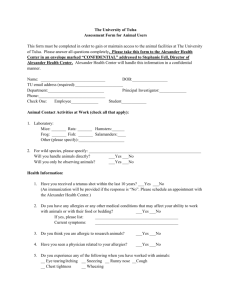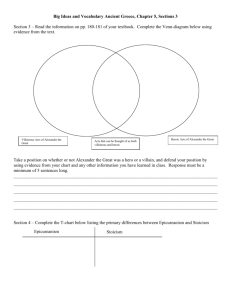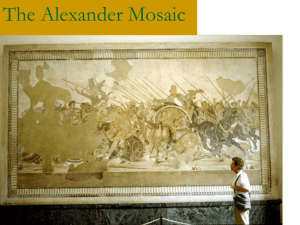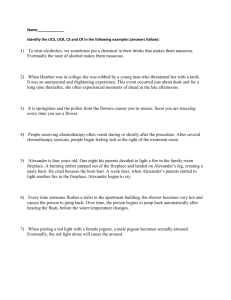Ernest Wright Alexander
advertisement
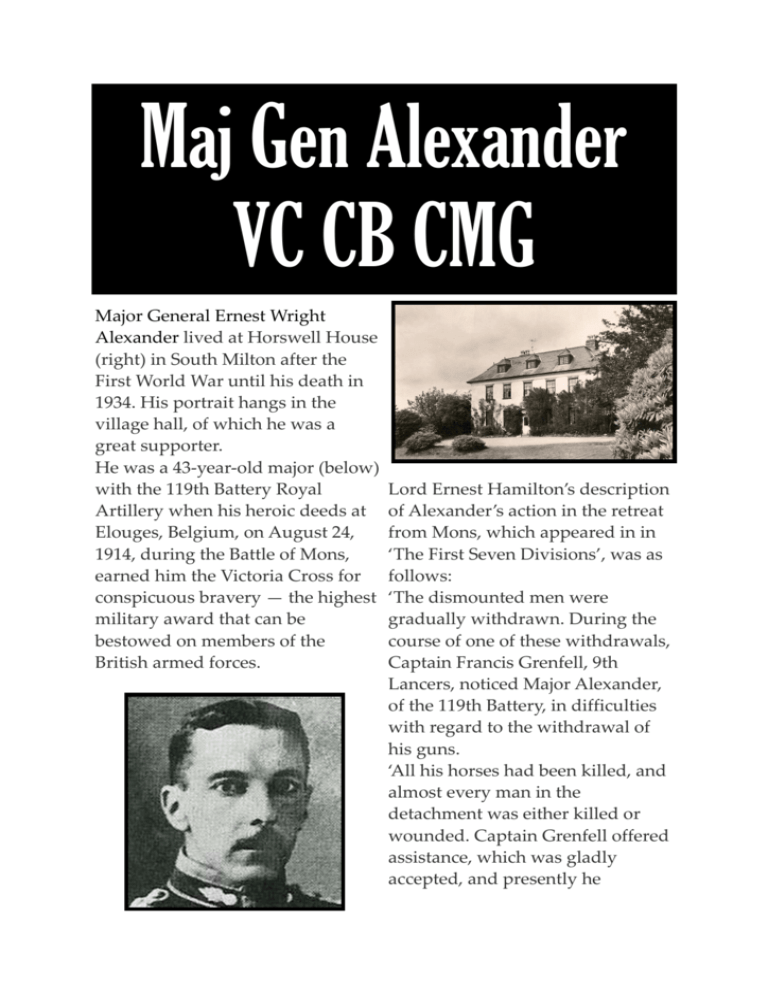
Maj Gen Alexander VC CB CMG Major General Ernest Wright Alexander lived at Horswell House (right) in South Milton after the First World War until his death in 1934. His portrait hangs in the village hall, of which he was a great supporter. He was a 43-year-old major (below) with the 119th Battery Royal Artillery when his heroic deeds at Elouges, Belgium, on August 24, 1914, during the Battle of Mons, earned him the Victoria Cross for conspicuous bravery — the highest military award that can be bestowed on members of the British armed forces. Lord Ernest Hamilton’s description of Alexander’s action in the retreat from Mons, which appeared in in ‘The First Seven Divisions’, was as follows: ‘The dismounted men were gradually withdrawn. During the course of one of these withdrawals, Captain Francis Grenfell, 9th Lancers, noticed Major Alexander, of the 119th Battery, in difficulties with regard to the withdrawal of his guns. ‘All his horses had been killed, and almost every man in the detachment was either killed or wounded. Captain Grenfell offered assistance, which was gladly accepted, and presently he returned with eleven officers of his regiment, and some forty men. ‘The ground was very heavy, and the guns had to be run back by hand under a ceaseless fire, but they were all saved; Major Alexander, Captain Grenfell, and the rest of the officers working as hard as the men. ‘Captain Grenfell was already wounded when he arrived, and was again hit while manhandling one of the guns, but he declined to retire till they were all saved. For this fine performance Major Alexander and Capt Grenfell were each awarded the Victoria Cross.’ Grenfell’s VC was the first awarded in the Great War. Alexander’s was gazetted on February 18, 1915, with the following citation: ‘For conspicuous bravery and great ability at Elouges on August 24, 1914, when the flank guard was attacked by a German corps, in handling his battery against overwhelming odds with such conspicuous success that all his guns were saved, notwithstanding that they had to be withdrawn by hand by himself and three other men. This enabled the retirement of the 5th Division to be carried out without serious losses. Subsequently Major Alexander rescued a wounded man under heavy fire, with the greatest gallantry and devotion to duty.’ He commanded an artillery brigade as a Lieutenant Colonel, and in 1915 was appointed Brigadier General, RA, of the 15th Division. He became Major General, RA, of the First Army under Lord Horne in 1917. He was created CMG in 1915 and CB in 1919, before retiring in 1920. He also received the Croix de Guerre, and was mentioned in despatches nine times. Ernest Wright Alexander was born in Liverpool on October 2, 1870, his father Robert being a shipowner and director of the Suez Canal. He went to Harrow in 1884 and then to the Royal Military Academy. His first commission came in July 1889. Two spells of service in India followed: first from 1892-1900 and then from 1903-1906, during which he was promoted to major. He and his wife Rose were married in 1903, and they had four children. At the time of Major General Alexander’s death, Robert, the elder son, was a lieutenant in the Royal Navy, serving on HMS Rodney in Plymouth; his elder daughter Ann was married to Lieutenant Colonel W P Akerman; and Mary, the youngest child, was still at school. His second son, George William, had died in 1914, aged three, at about the time that his father was winning the VC in Belgium. Major General Alexander died on August 23, 1934, following an operation in Kingsbridge Hospital. He was cremated at Putney Vale Crematorium, South West London, and a memorial service was held at All Saints’ Church, South Milton. The Alexanders were supporters of many organisations across the South Hams, and, in a leader column, the Kingsbridge Gazette commented that ‘residents of the character of the late Major General Alexander are such that any district can ill afford to lose. He was appreciated not only for his readiness to respond to appeals for any good cause, but for his genuine desire to help forward any work which would be of benefit to the neighbourhood. As one who took a responsible part in the administration of local affairs, he was not a maker of speeches, but whether in the council chamber or on the bench his remarks were always the pointed and pertinent observations of a man possessing the power of keen penetration and of wise experience. His passing is a matter of profound regret.’ In his will, the gross value of his estate was £91,815. Among the bequests he made was an annuity of £52 to Thomas Williams, who had been his batman since 1906 and had subsequently joined the gardening staff at Horswell House. Gunner Williams was serving to the right of Major Alexander in the Retreat from Mons in 1914. Mrs Alexander died in 1935. Major General Alexander’s Victoria Cross and other awards were sold at auction in 1999 for £80,000, and are on display at the Imperial War Museum in the Lord Ashcroft Collection.
